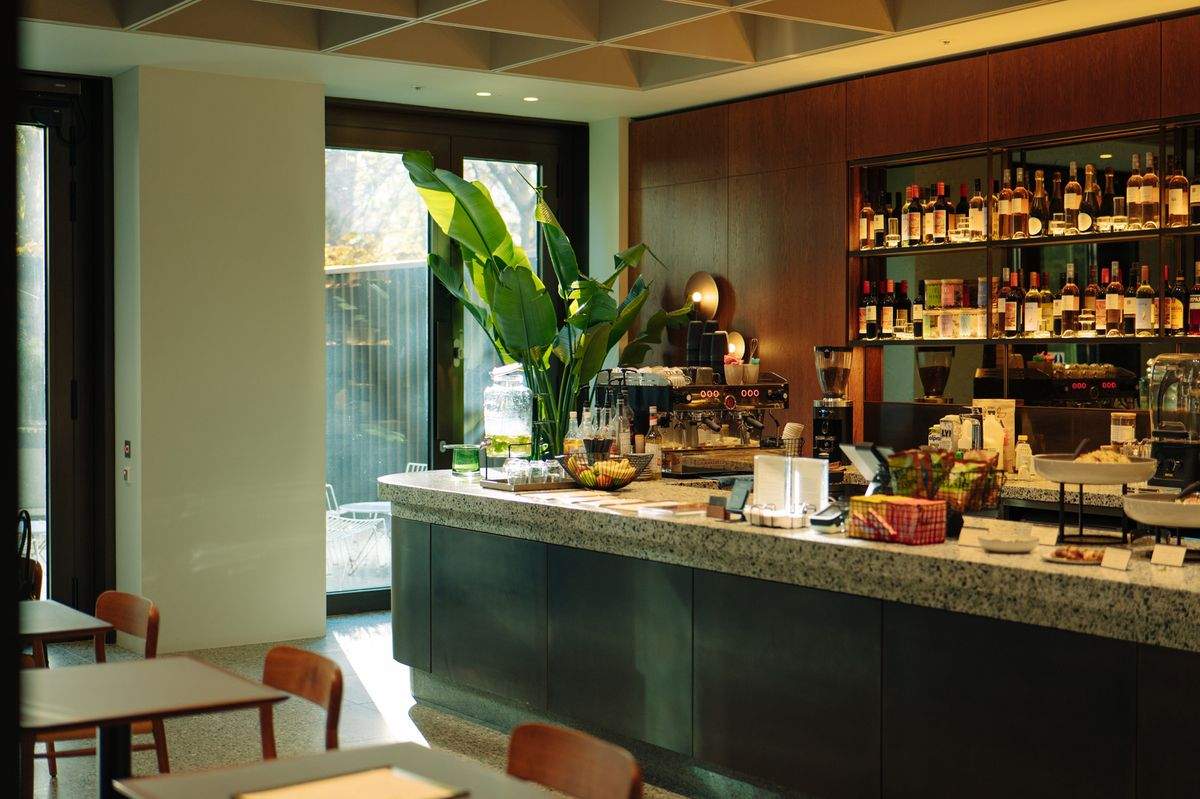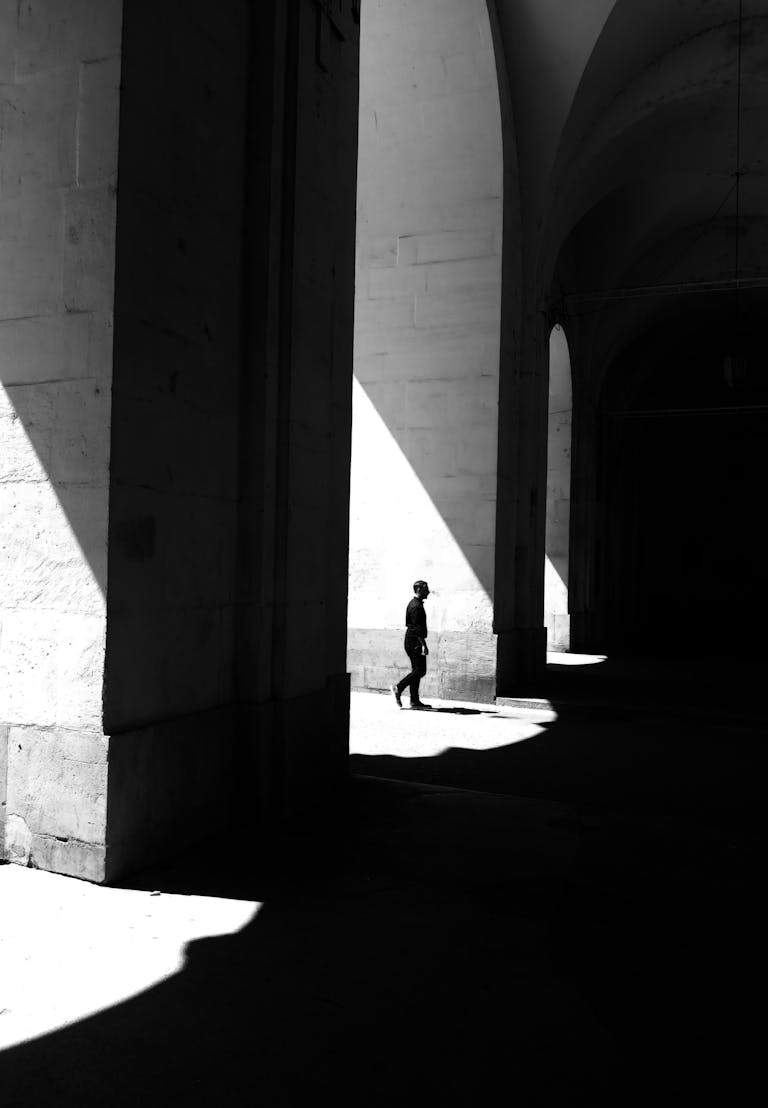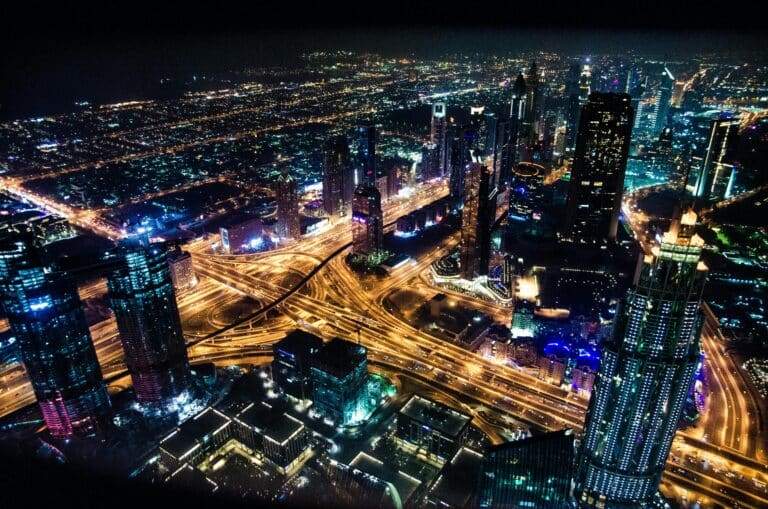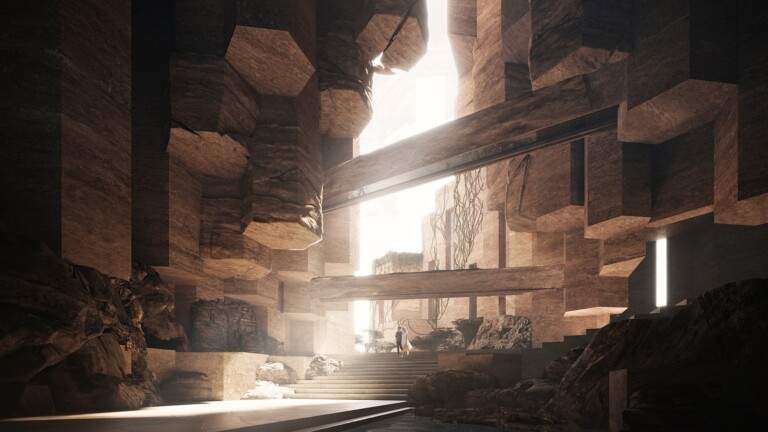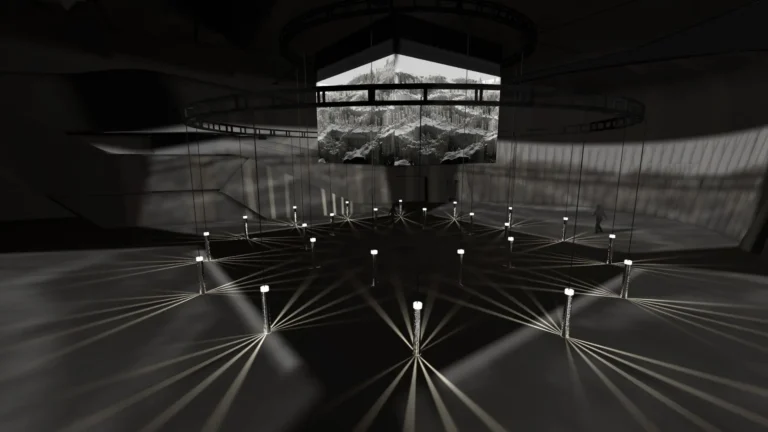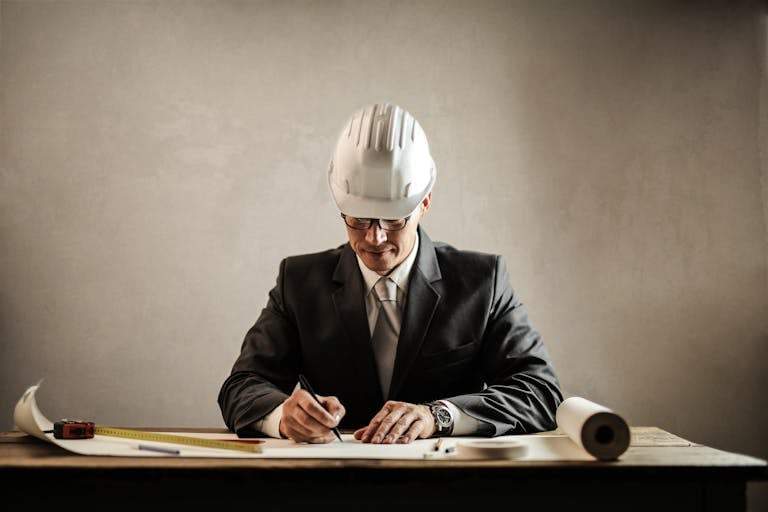Are Derwent London’s new lounges the future of workspace?
Derwent London: Are the New Business Lounges Redefining Workspaces?
The Evolution of Workspaces in the Modern Era
The concept of workspaces is rapidly evolving, driven by technological advancements and shifting employee expectations. Are Derwent London’s new lounges the future of workspace? Offices are no longer just places to complete tasks; they have become an integral part of the work experience itself. In this context, several real estate companies are reimagining office spaces, and Derwent London stands out with its ambitious architectural projects, such as White Collar Factory, Tea Building, and Brunel Building. Over the past five years, the company has focused on developing two business lounges designed to create a more seamless and comfortable work experience—resembling membership in an exclusive club.
Redefining the Work Experience
The DL/78 lounge in Fitzrovia and DL/28 lounge in Old Street introduce a new approach to work environments. Rather than offering conventional office spaces, these lounges provide an integrated experience featuring cafés, concierge services, and curated art collections. This design goes beyond simply enhancing workspaces; it fosters a sense of community, encouraging interaction among professionals and creating a more engaging environment.
Impact on Work Culture and Talent Attraction
These lounges have not only transformed work experiences but have also influenced the commercial real estate market. Since opening their doors to all Derwent London tenants—regardless of office location—there has been a noticeable increase in tenant retention and rental premiums. Companies are recognizing that such amenities play a crucial role in attracting and retaining top talent, a key factor in modern recruitment strategies.
Towards More Integrated Workspaces
This initiative reflects a broader shift in workspace design, where the focus is no longer solely on high-quality office spaces but also on services and facilities that enhance productivity and foster a sense of belonging. The private lounge model could very well become an integral part of future office design, transforming workspaces from mere functional areas into interactive hubs that balance work and well-being.
Is This the Future of Workspaces?
Ultimately, the question remains: Will these lounges set a new standard for work environments, or will they remain a niche offering for select developments? The answer will unfold over time as workforce expectations and the office landscape continue to evolve.
Exploring Derwent London’s New Lounge Concept
A Shift Towards More Engaging Workspaces
As companies increasingly recognize the importance of redesigning office spaces to be more attractive and productive, work environments are evolving into new models that offer benefits beyond traditional office functions. In this context, Derwent London has introduced a new workspace concept, dedicating 20,000 square feet of carefully designed spaces with exclusive membership perks that redefine the work experience.
Transforming Office Spaces into Social Hubs
What sets these lounges apart is that they are not just flexible, tech-enabled workspaces—they go beyond that to create a sense of belonging and professional networking. Rather than simply serving as places to work, offices are now being designed as interactive environments that foster creativity and collaboration, reflecting the future of modern workspace design.
The Impact of Design and Services on Work Environments
According to Emily Prideaux, Executive Director at Derwent London, the quality of modern workspaces is determined not only by their physical design but also by the services and community-driven amenities that strengthen professional relationships. She explains:
“The quality of today’s work environments relies as much on the level of services and community amenities as it does on physical and aesthetic aspects. While these lounges are tangible spaces, their primary purpose is to cultivate a sense of community and belonging.”
Towards a More Integrated Future for Workspaces
This approach signals a fundamental shift in office design, as companies realize that comfortable and inspiring spaces can be key factors in attracting and retaining top talent. As this trend continues, we may witness the evolution of workspaces into fully integrated social hubs, offering an environment that balances professionalism, comfort, and a strong sense of belonging.

Derwent Lounges: More Than Just Workspaces
A New Approach to Modern Work Environments
Today’s workplaces demand more than just traditional office setups—there is a growing emphasis on enhancing social connectivity and professional engagement. In this context, Derwent London’s lounges offer a holistic model that blends functionality with comfort, featuring dedicated spaces for work, meetings, and private calls. However, these lounges are not merely an extension of offices; rather, they serve as a complementary element that enhances the overall work experience.
Designing for Community Interaction
According to Ali Parker, Customer Engagement Director at Derwent, the lounges are designed to enrich the workplace rather than replace it. She explains:
“We never intended for the lounges to be an extension of offices—they were designed to complement them.”
This concept has already proven successful, as employees are using the spaces in unexpected and dynamic ways, such as:
- Enjoying lunch in a relaxed setting away from work pressures.
- Sharing coffee breaks with colleagues to strengthen professional bonds.
- Holding informal meetings with clients, rather than resorting to public cafés.
A Curated Event Program to Foster Engagement
Beyond their physical spaces, the lounges host monthly events, drawing growing interest from professionals. This transformation highlights their evolution into interactive professional hubs, where individuals can connect and engage in an environment that balances professionalism with social comfort.
🔗 Read also:
Towards More Dynamic and Connected Workspaces
This experience exemplifies a modern workplace model that prioritizes people as much as productivity. As a result, these lounges are becoming a key element in the future of workspaces, where offices are no longer just places for task completion but hubs for innovation, collaboration, and professional growth.
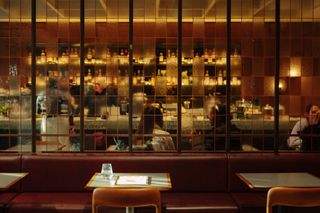
Design That Inspires Experience: How Do Lounges Enhance the Membership Concept?
Redefining Workspaces Through Thoughtful Design
As the world reimagines work environments, interior design has become a crucial factor in creating spaces that promote comfort, belonging, and social interaction. Derwent London’s lounges embody this philosophy with carefully curated designs, each reflecting a distinct identity, ultimately enhancing the membership experience and giving users a unique sense of place.
A Distinct Visual Identity for Each Lounge
Collaborating with London-based MSMR Architects, Derwent’s in-house design team crafted each lounge with a unique style, aligning with the company’s vision for non-traditional workspaces:
- DL/78, opened in Autumn 2021, features dramatic ceiling heights, creating a sense of openness and grandeur.
- DL/28, launched last year, draws inspiration from mid-century aesthetics, incorporating bronze and green tones for a warm and sophisticated ambiance.
Elements That Unify the Experience Across Spaces
Despite their distinct styles, certain design elements create a cohesive experience throughout the lounges:
- Wood finishes, adding a natural warmth to the interiors.
- Rich, classic color palettes, reinforcing elegance and character.
- Soft, ambient lighting, inspired by hospitality settings, fostering a relaxed atmosphere beyond the typical office environment.
Workspaces with a Hospitality Touch
These lounges are not just office extensions; they aim to deliver a work environment inspired by luxury hotels and private clubs. By integrating social interaction as a core element, they reinforce the idea of the office as a living space, not just a place for tasks—ultimately reshaping the way professionals engage with their workspace.
Hotel-Inspired Design: An Exceptional Experience at Derwent Lounges
Redefining Workspaces with a Hospitality Approach
In a transformation that redefines work environments, Derwent London’s lounges adopt a design philosophy inspired by luxury hotels, where comfort and elegance merge to create spaces that feel more like exclusive clubs rather than traditional offices.
Design That Evokes Privacy and Exclusivity
Rebecca Lister, Director of Interior Design at Derwent, explains:
“I approached both lounges as if they were hotels. I wanted people to feel intimate, as if they were spending time in a special place.”
This philosophy is reflected in every design detail—no standard fixtures or off-the-shelf furniture were used. Instead, each element was carefully curated, ensuring a distinctive experience that surpasses conventional office designs.
A Commitment to Authenticity and Sustainability
Derwent’s dedication to originality and sustainability is evident in its approach to furnishing the lounges. The company actively sources vintage and bespoke furniture, even rescuing a shipment of heavily damaged chairs from accidental disposal—an effort that aligns with their vision of creating unique spaces without resorting to mass-produced solutions.
Offices or Hospitality Experience?
This approach is part of a broader shift toward workspaces that embody the essence of hospitality. The experience extends beyond daily tasks to a sense of comfort and belonging. These lounges are more than just workplaces—they are destinations designed to foster creativity, collaboration, and meaningful connections in an elegantly crafted environment.


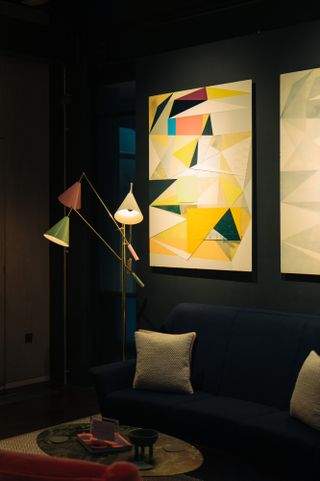
A Unique Identity: Sustainability and Elegance at the Heart of Derwent
From Traditional Offices to Creative Hubs
As workplace concepts rapidly evolve, Derwent London has emerged as a pioneer in innovative office space design, blending sustainability, elegance, and a strong sense of community.
Since the launch of Tea Building in 2007 in East London, Derwent has played a vital role in redefining the idea of offices as creative hubs. Today, as demand grows for workspaces that offer more than just desks, property developers are shifting their approach—moving from simply providing spaces to becoming brands that embody values and vision.
Identity as the Key to Success
Standing out in the commercial real estate market is no longer just about architectural design; it’s about delivering a holistic experience. Developers are no longer just space providers—they must offer an immersive environment that meets tenants’ expectations and attracts top talent.
Beyond Design: A Philosophy That Reflects Values
Derwent is breaking away from traditional office stereotypes by introducing workspaces inspired by hospitality and membership concepts. Their approach ensures that offices are no longer just places to work, but environments that enhance productivity, comfort, and a sense of belonging.
The Future of Workspaces: A New Era?
As work environments continue to evolve, real estate brands that craft unique identities and immersive experiences are set to lead the industry. Could we be witnessing a shift toward offices as exclusive destinations inspired by the hospitality sector?

